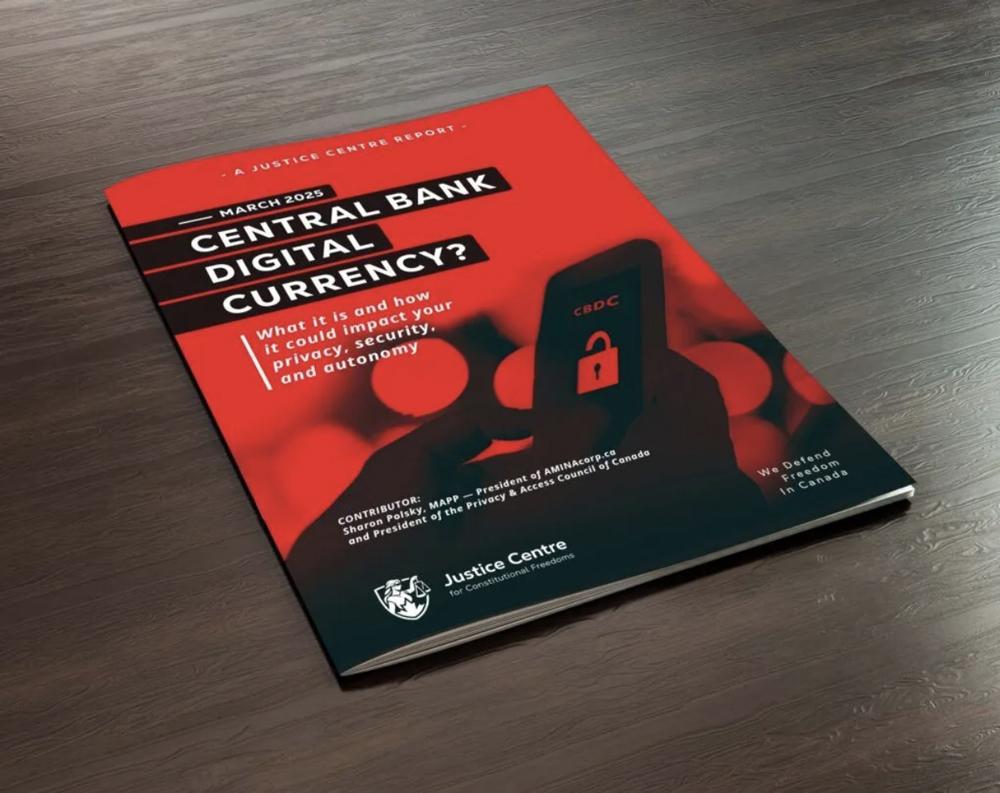CBDC: What it is and how it could impact privacy, security, and anonymity

Financial transactions are increasingly conducted digitally. In 2023, a mere 11 percent of transactions were conducted with cash, according to Payments Canada.
The trend to digital payments is in large part fueled by government departments, agencies, and Crown Corporations that have digitized access to, and delivery of, their goods and services over the past decade.
Against this backdrop, in 2017, the Bank of Canada (a Crown Corporation) began exploring the possibility of implementing its own government-issued and government-controlled cashless currency – a central bank digital currency (CBDC).
In a 2023 Bank of Canada survey on CBDCs, however, 82 percent of 89,423 respondents strongly disagreed that the Bank of Canada should be researching or building the capability to issue a CBDC. Despite these results, the Bank of Canada continues to research a CBDC for Canada.
The impact a CBDC could have on Canadians’ fundamental rights and freedoms, on commerce and investment potential, are profound. Absent robust legislative protections and oversight, a CBDC could allow the Government and Bank of Canada to monitor Canadians’ purchases, donations, investments and other financial transactions.
Ben Klassen, Education Programs Coordinator at the Justice Centre for Constitutional Freedoms and lead author of a new report that details the impact of CBDCs, cautioned that “a central bank digital currency could hand incredible power to the Government and Bank of Canada to monitor financial transactions, punish whatever behaviors the government deems undesirable, and penalize those on the wrong side of government ambitions.”
A CBDC has the potential to empower government to reward and punish the behaviors and lifestyle choices of individual Canadians that government deems undesirable, penalize those on the wrong side of government ambitions, and peer into and influence Canadians’ purchasing behaviors, cautions the report.
Canada is not the first jurisdiction to explore a CBDC. This report evaluates the Bank of Canada’s exploration within a global context, applying lessons learned from jurisdictions like Nigeria, the Caribbean, and others.
After analyzing negative outcomes of ‘going cashless’ in jurisdictions such as Australia, Sweden, Finland, and Norway, this report advocates for the value of cash and the need for robust institutional and legislative protections for the use of cash. The report also cautions that adopting a central bank digital currency risks excluding the homeless, the elderly, the ‘internetless,’ the technologically illiterate, and the conscientious objector.